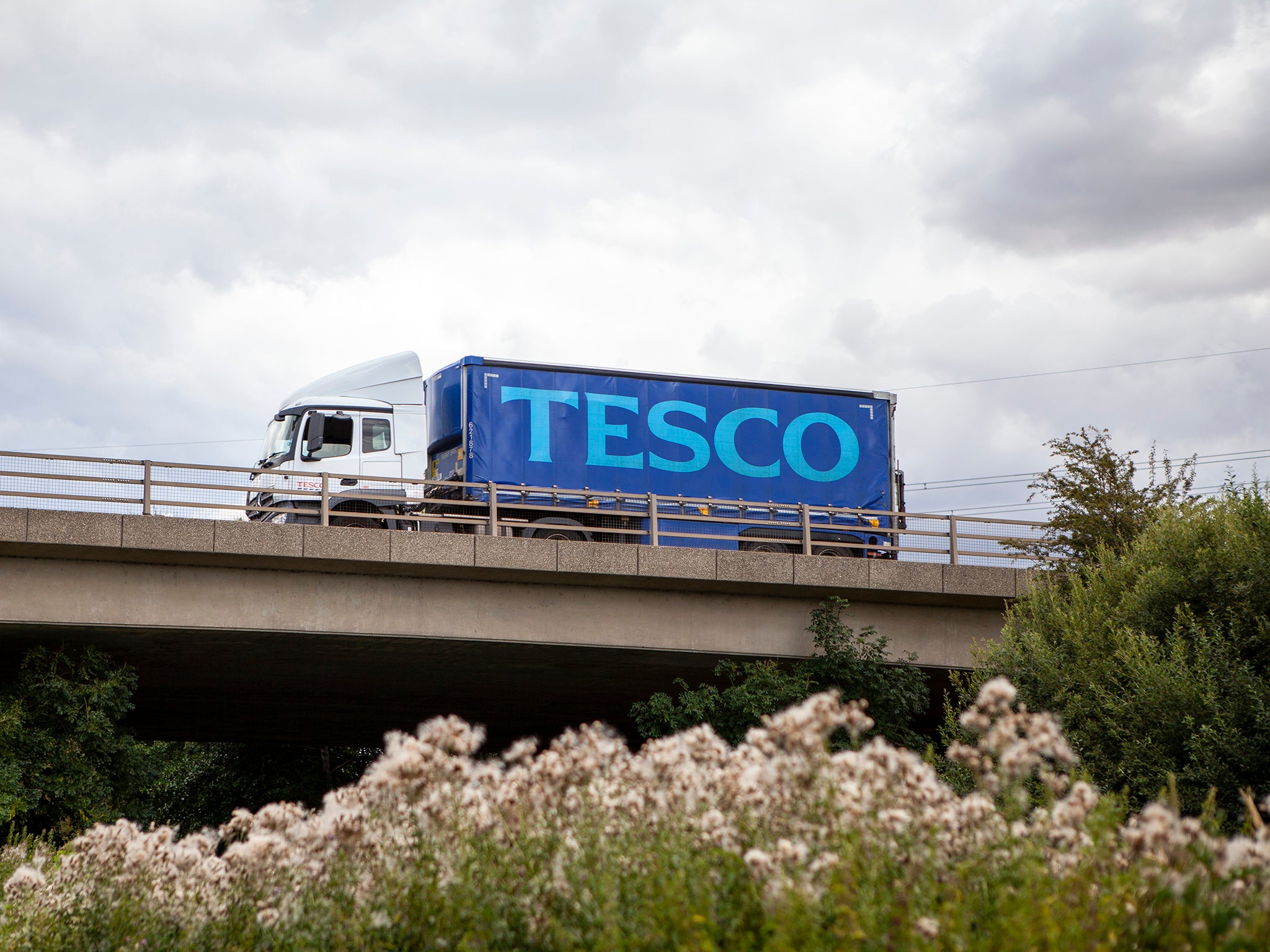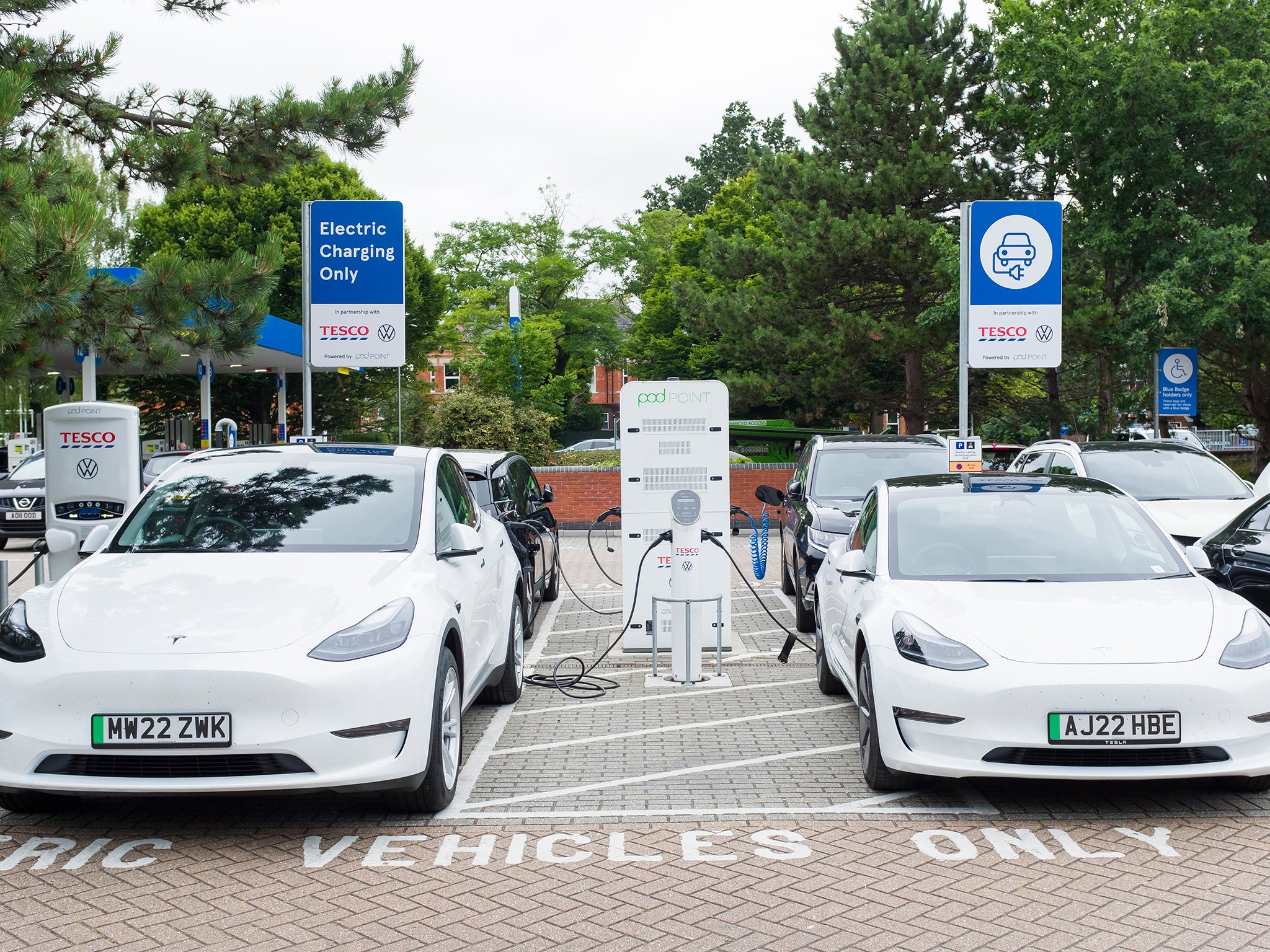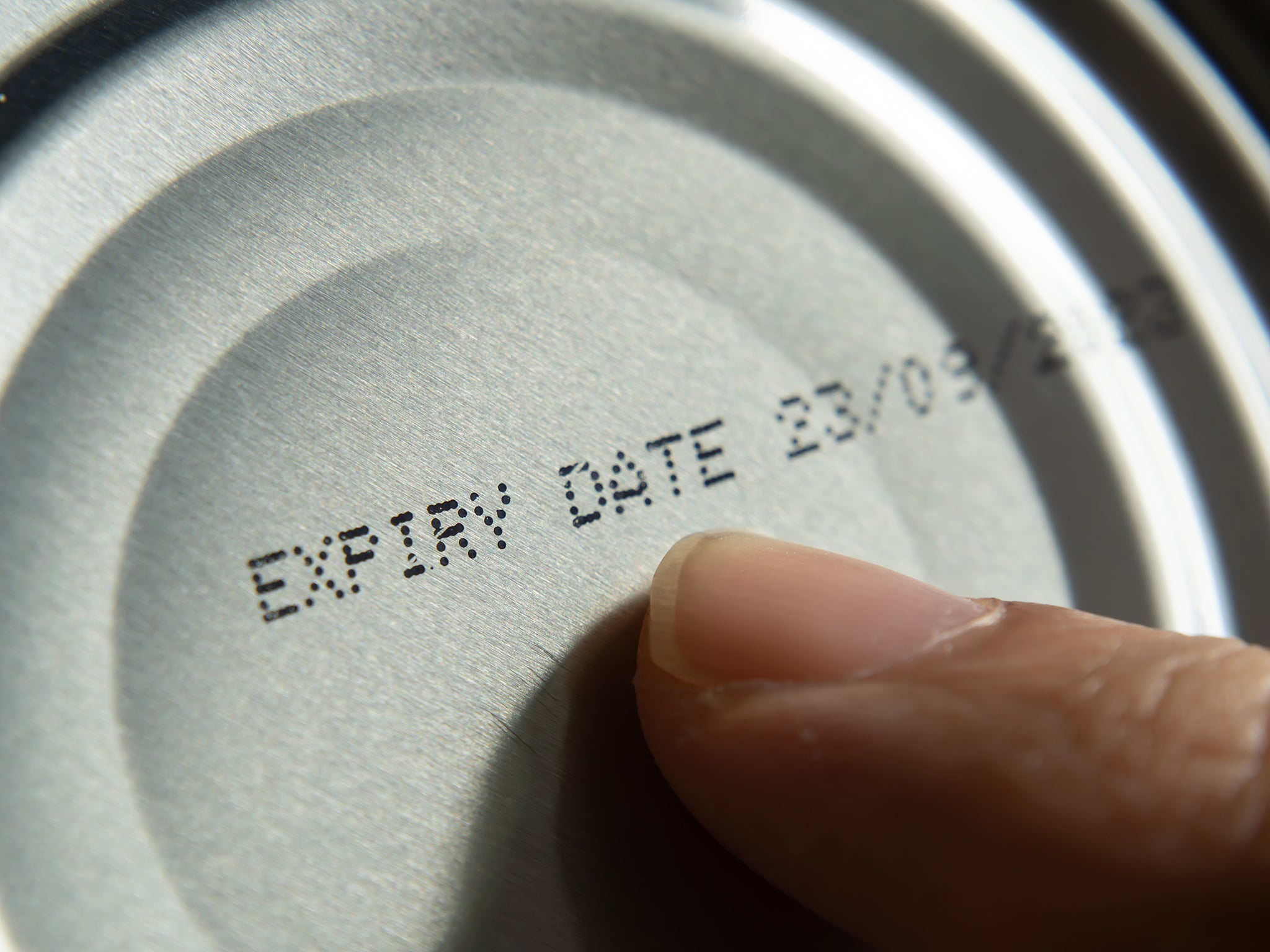Which supermarket is the most sustainable and how can you tell?
For most of us, making sustainable choices starts at the supermarket – here’s what some of the biggest chains are doing to make those choices even easier, says Ben Mercer

As we strive to become more sustainable, we are constantly on the lookout for ways we can reduce our eco footprint and incorporate more environmentally friendly practices into our daily lives.
Supermarkets have also been riding the sustainability bandwagon and introducing new initiatives to reduce their impact.
As consumers, we can make smart choices about where we buy our groceries from and what initiatives we support.
Here is what to look for in a supermarket if you want to shop more sustainably.
Reducing greenhouse gas emissions
Greenhouse gas emissions are one of the biggest contributors to climate change. The consumer group Which? compiled the first supermarket sustainability table by examining accurate data from annual reports to measure how supermarkets compare when it comes to eco-friendliness.
Indexing the highest on organisation-wide operational greenhouse gas emissions, Lidl is doing the most to keep these low. From using energy more efficiently to switching to low-carbon and renewable fuels, Lidl and other supermarkets are reducing their greenhouse gas emissions.
Becoming electrified
Another way supermarkets are reducing their carbon footprint and promoting such among their consumers is by switching to electric vehicles.
Grocery chain Tesco recently became the first UK supermarket to use electric delivery lorries in a bid to make their delivery system more eco-friendly.
Research showed battery-powered HGVs can compete with diesel lorries.
Currently, the grocer has two 37-ton battery-powered DAF lorries that are transporting food and goods from the outskirts of Cardiff to near Newport. By obtaining over 2,000 electric trucks, Tesco has pledged to make its delivery service “fully electrified by 2028”.
Along with electrifying their delivery system, Tesco and other supermarkets are battling to be the go-to destination for EV drivers. Tesco has at least one EV charger installed at 455 of its stores, the majority of which can charge at 7 kW with a few stores boasting higher voltage chargers.

Morrisons is providing rapid charge with its minimum 50 kW chargers available at more than 200 of its stores, and Waitrose will see 800 charging stations installed at up to 100 of its stores by 2025.
By installing EV chargers across their store portfolio, supermarkets are encouraging their customers to use more sustainable modes of transportation, such as electric bikes and cars.
Tackling plastics
Every year, 56.5 billion units of single-use plastic packaging are sold in the UK, according to Greenpeace. About 99 per cent of plastic packaging is made from fossil fuels.
Many major supermarkets are waking up to the damage of plastic. As a result, they’re increasing their recycling efforts. According to Which?’s supermarket sustainability table, Waitrose has the best plastic intensity score, while Iceland has the worst. It turns out that buying 20 typical items at Iceland can result in 73 per cent more plastic packaging than doing so at Waitrose.
Supermarkets are investing in recyclable packaging, and the Co-op is leading the chart, as 94 per cent of the grocer’s own-brand plastic is already recyclable at home, with the remainder recyclable in-store.
At the same time, supermarkets are introducing refill stations with dry goods such as pasta, rice, cereals, nuts and grains, as well as household and personal care products such as washing-up liquid, handwash and shampoo.
“We’re delighted to be joining forces with the mutual objective of reducing single-use plastic packaging,” said M&S, Morrisons, Ocado, Waitrose and Partners and CHEP in a joint statement.
By 2025, all supermarkets plan to make their plastic packaging 100 per cent reusable, recyclable or compostable.
Cutting food waste
Food waste is another major problem we’re facing, but supermarkets are taking steps to reduce it.
Which? has found that, luckily, no UK supermarket sends food to landfill. One popular way to dispose of it is by sending it for anaerobic digestion (AD) to be turned into biogas and compost. Currently, Ocado has the best food waste intensity score, as for every kilo of food bought, just 0.4g goes to AD. At Aldi, Co-op, and Lidl, around 10g of food is wasted for every kilo of food bought.
A more sustainable way of dealing with food waste is distributing the surplus food for human consumption, such as foodbanks. This is an initiative that Tesco and Ocado are embracing. M&S has donated 34 million meals to charity since 2015.
Another initiative that supermarkets are taking is removing the best before labels on some of their products, as products can still be safe to eat after that. Instead, they’re encouraging customers to use their own judgment.

In January 2022, Morrisons became the first supermarket to remove the best before dates on its own brand fresh milk, which is one of the most wasted items, along with selling it in carbon neutral cartons.
Similarly, Tesco, Ocado and Co-op are also removing best before labels from a variety of their products, including yoghurt. Research by the Waste and Resources Action Programme (WRAP) shows that half of the yoghurts bought by 6 million people per day in the UK are thrown away unopened, mainly because of not being consumed in time.
“WRAP research showed that getting rid of best before dates on fresh fruit and veg can help reduce the amount of food we throw away from our homes by a staggering 50,000 tons a year,” said WRAP chief executive Marcus Gover.
Making conscious choices about the supermarkets you shop at is a step towards reducing our environmental impact. Supermarkets have embraced various green initiatives to reduce their carbon footprint, waste generation and energy consumption.
As consumers, we can also contribute to sustainability by bringing reusable bags, choosing eco-friendly products, buying in bulk, choosing local and organic products, and reducing food waste.
Ben Mercer ecommerce manager at Leisure Lakes Bikes
Join our commenting forum
Join thought-provoking conversations, follow other Independent readers and see their replies
Comments
Bookmark popover
Removed from bookmarks